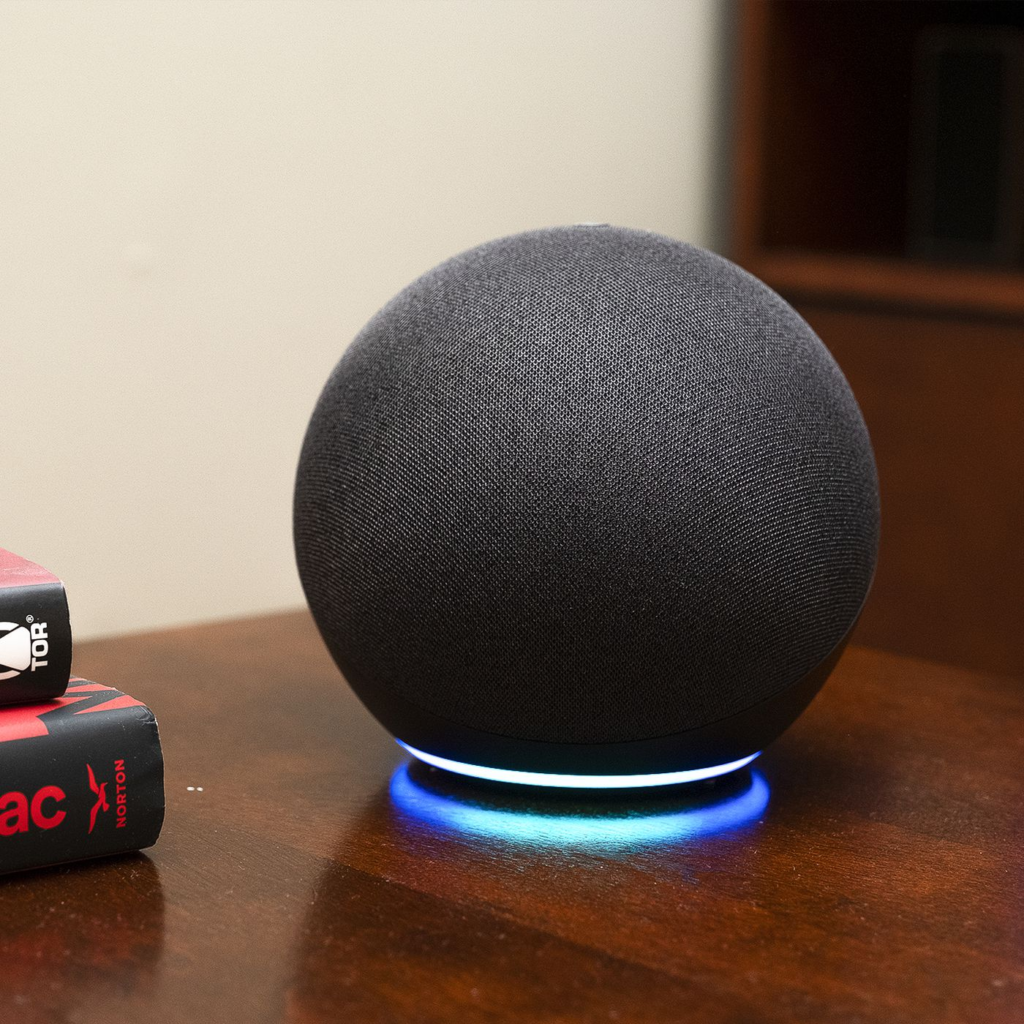Starting a Research Project
Over the past few months, I’ve been working on a research project with a professor from Vanderbilt and a professional researcher. They both specialize in the field of radiation testing in different types of technology.
What happens is that in outer space, there are high energy particles, and some of them make it through Earth’s atmosphere. These high energy particles hit different pieces of technology and can actually affect the hardware and/or the software, which is mind-boggling. For example, there was an instance of a voter machine in Belgium having a bit flip due to this high energy particle hitting a switch and announcing the wrong candidate as the winner. When this occurs, it is called an SEU, or a single event upset.

Technology can actually be tested for being faulty when exposed to these high energy particles. In particle accelerators (like CERN in Switzerland or RAL in England), we can mimic the behaviors and speed of these particles and test devices and see how their hardware and software react under radiation. Using these results, we can send it back to companies with either the A-ok, or that it needs to be fixed.

While this issue sounds minimal, if it occurs in a critical situation, it can be deadly. Imagine if you are in a plane, and one of these SEUs hits the plane, causing the data to be incorrect, or in the worst-case scenario, the pilot is not able to control the plane. While there is a small chance of it happening, it needs to be tested to ensure that this never happens.
I’ve chosen to test smart speakers at home (such as Google Home or Alexa) to see how they react under radiation. I chose this device because it is widely available and it would be fun to see how it would react. I’m going to go to a CISCO lab and open these speakers to understand the electrical components more thoroughly. I will also set up a dry run at my house mimicking the way that I am going to set up the experiment at the particle accelerator (Rutherford Appleton Laboratory in Didcott, England). I love working on this project and learning more about how radiation testing can help us in a variety of fields including technology, cancer research, and even agriculture!

